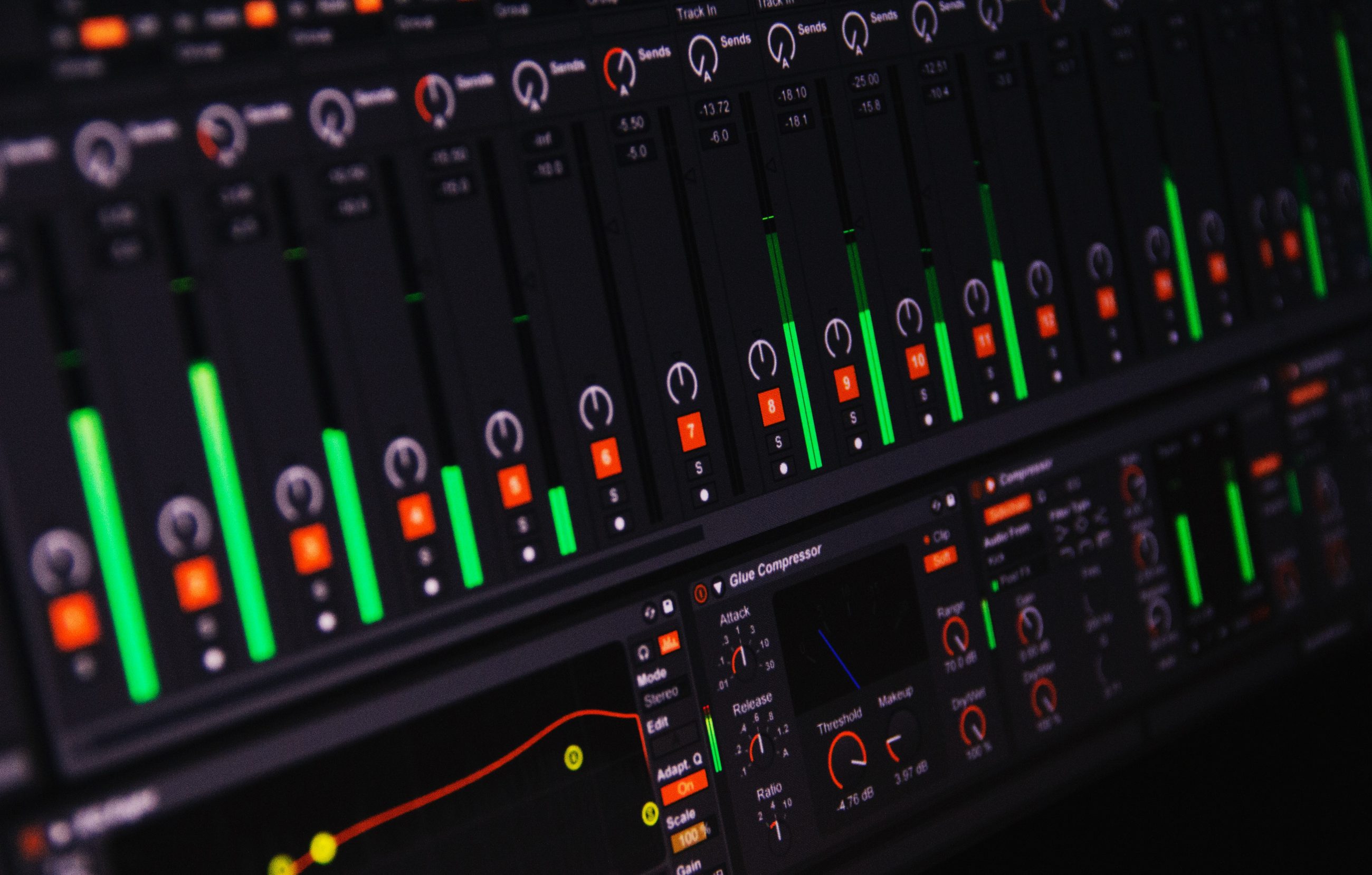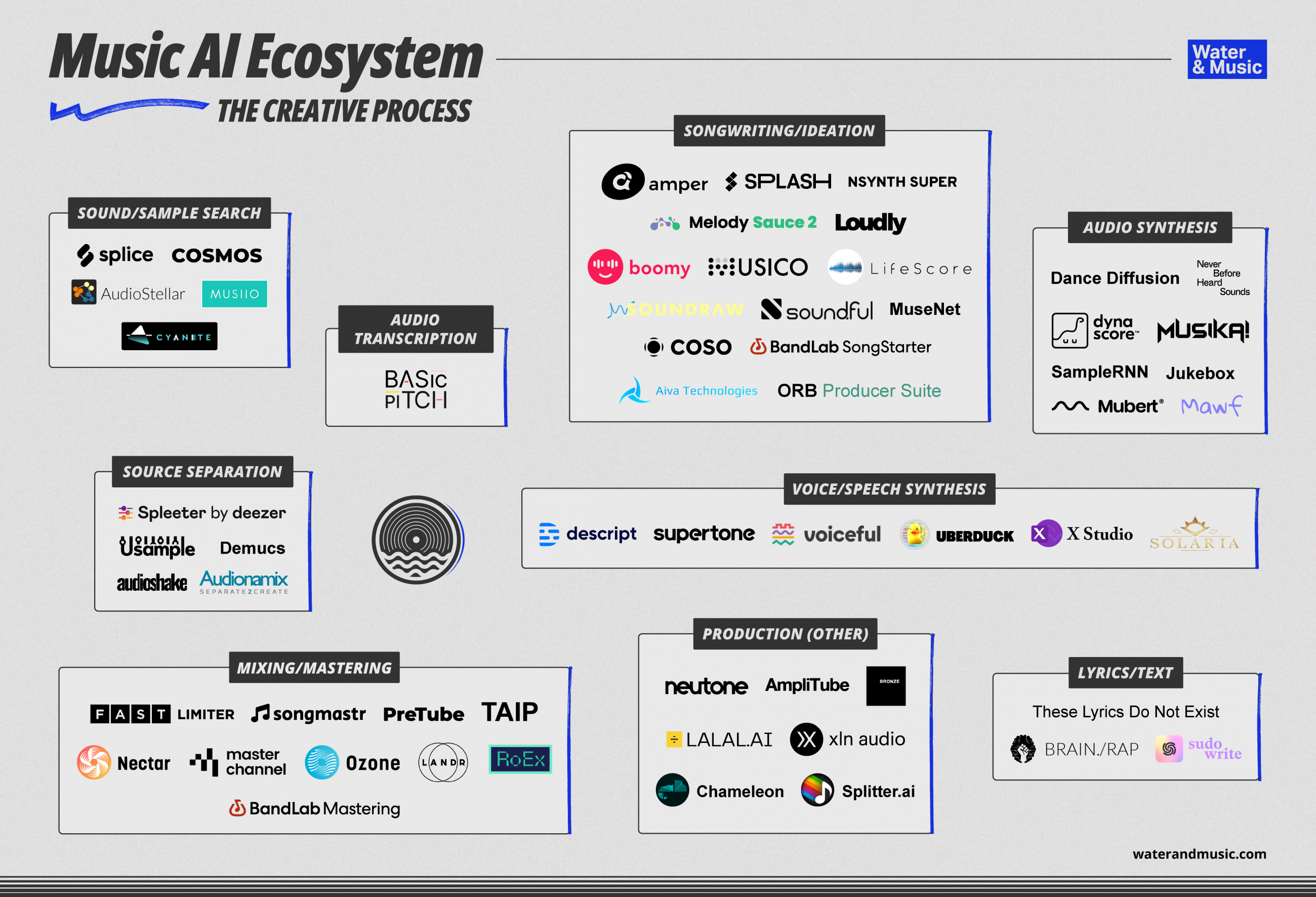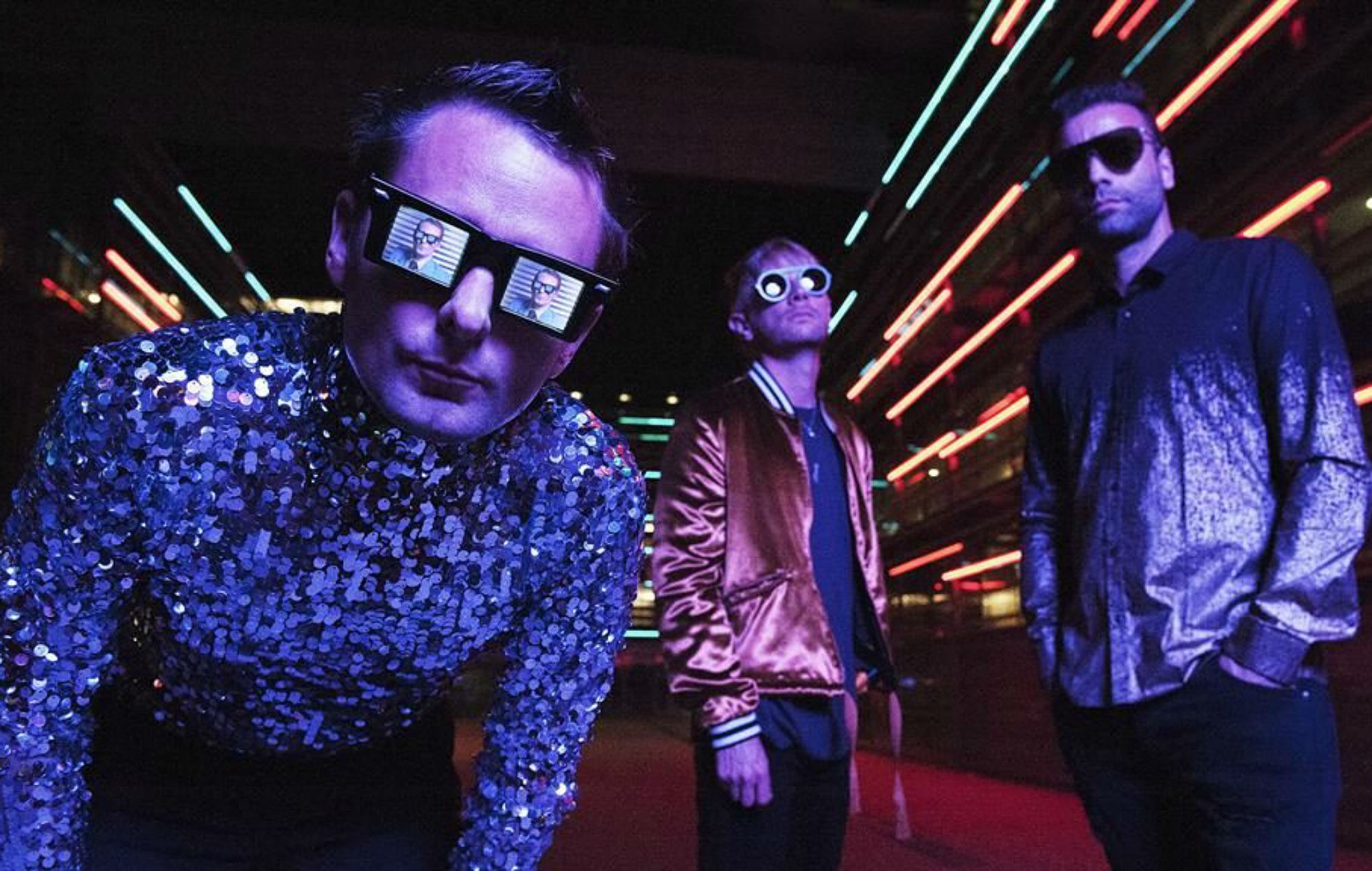5 major shifts in music tech that are empowering independent artists
Technology has completely altered the way all music professionals work and collaborate. Here are some of the most notable shifts that have given indie artists new bounds of potential.
by Janelle Borg of AmplifyYou
In today’s music landscape, technology, in particular music technology, has become a major driving force behind many artists’ decision to release their music independently. From advanced analytics and insights to direct-to-fan sales platforms, music technology has revolutionised the way independent artists produce, sell and promote their music, and ultimately connect with their fans and expand their music careers. In this article, we highlight five of the biggest shifts in music technology that have forever reshaped and restructured the music industry, empowering independent artists like never before.

How has music changed with the use of technology?: 5 major paradigm shifts
AI music tools
Artificial intelligence has been a hot topic – especially as AI tools and, in particular, AI music tools become more sophisticated. 60 percent of musicians are already using AI tools to create music and advance their music career, particularly in music production, mixing, and mastering.
Only 28 percent of the surveyed musicians refuse to use AI tools in their music-making process. Undoubtedly, these tools have not only been groundbreaking in the way they’re implemented but also in shifting the discourse around music technology and the future of music production.
One of the most notable applications of AI in music is the ability to analyse vast amounts of musical data, including chords, lyrics, key changes, and genre, and use that to generate completely new compositions. Google AI’s Test Kitchen’s MusicLM, Amper Music, and AVIA are three such AI music generators that can be used as brainstorming tools in the studio.
In addition, AI music tools have proven particularly useful when it comes to mixing and mastering. AI has the unique ability to objectively and automatically analyse and enhance audio tracks, remove unwanted noise, balance frequency and optimise sound levels – resulting in a pro-grade quality track. Undoubtedly, this is an excellent option for independent artists who are pinching pennies but still want to release a high-quality track.

Advanced analytics and insights
Advanced analytics and insights have become invaluable tools for anyone operating in the music industry. Undoubtedly, they offer unprecedented access to data-driven intelligence, and enable artists and their teams to make informed decisions that enable them to create tailor-made campaigns.
With AmplifyLink, you can gain important insights into who is checking out your bio link or pre-save link. Our advanced analytics enable you to collect real-time data on the number of clicks, as well as your audience’s geographic locations, demographics, and interests. This data is the holy grain of any music marketing campaign, as it enables independent artists and AmplifyLink users to identify their core fan base, identify emerging markets, and strategically redefine their marketing efforts to specific regions and demographics.

Direct-to-fan sales
Direct-to-fan sales via NFTs and digital pressings have revolutionised the way independent artists interact with their audience. Not only that, but they forever change music distribution and established an alternative revenue stream outside the remits of the traditional music industry.
NFTs and digital pressings have gained significant attention over the last few years, as they enable artists to tokenise their music and related assets and sell them directly to their fans – skipping industry gatekeepers. Each NFT or digital pressing represents a one-of-one or limited run of a particular digital item, such as a song or album, that fans can collect as digital collectibles and participate in a new form of digital fandom.
This direct-to-fan method not only creates an exclusive fan community but also provides an alternative sales channel beyond streaming and physical sales. NFTs and digital pressings typically command a higher price due to their exclusivity, empowering artists to make a sustainable living off fans willing to invest in the artist’s career through exclusive content.
Moreover, it’s important to mention that NFTs and digital pressings allow artists to have greater control over their intellectual property rights. By reducing the artist’s dependence on gatekeepers and traditional distribution channels, NFTs and digital pressing empower independent artists to retain full ownership of their creative work and shape the direction of their music career on their own terms.
Collaborative tools and music production
Collaborative tools and advancements in music production technology have revolutionised who can produce music and where. Music technology has enabled everyone and anyone to get into music production and collaborate with other artists, regardless of geographical boundaries.
The latter is undoubtedly one of music technology’s key benefits. With the rise of cloud-based platforms, artists and producers can collaborate remotely – giving them access to producers, songwriters, and artists based in different countries and time zones, and opening up their creative networks and sound palettes. Thanks to technological innovation, cloud-based platforms enable artists to share files, stems, and ideas over the cloud, seamlessly collaborate with a producer thousands of miles away, and receive real-time feedback.
Additionally, it’s important to mention that digital audio workstations (DAWs) are improving year on year. They not only enable multiple artists to work simultaneously on a project but also use AI tools to perform repetitive tasks. This completely changes the game, as it gives artists the space to focus on the more creative aspects of music production.
Online performances
Online performances have undoubtedly become a game changer for both established and emerging artists. This is because they offer an accessible and often cheaper alternative to touring.
One of the biggest advantages of this music technology is its global reach. Geographical barriers are no longer a limitation, as fans from all over the world can tune in and watch their favourite artist’s online performance in real-time. For instance, Dua Lipa’s 2020 livestreamed concert drew 5 million viewers worldwide and helped her connect with her fans and promote her album during the COVID-19 lockdowns.
In addition, online concerts offer artists another medium to explore their creativity and present their work in a way that may not be possible in real life. Metaverse concerts are an excellent example of this, as virtual spaces offer endless possibilities in terms of the environment of the concert itself.
Fortnite concerts are one of the best representations of the innovative power of the metaverse. Travis Scott performed in front of global fans – represented as avatars – while walking on water, floating through space, and even swimming underwater – all in the span of one virtual concert! In her Fortnite concert, Ariana Grande traversed the universe and the game’s biomes while performing her hits – something that’s impossible in real life!
These livestreamed and metaverse concerts can also be a good option for independent artists building an online, global fan base. Our Amplify Into The Metaverse Competition winner Karun performed live in Bristol, while her avatar was cast through the metaverse through Condense’s world-class technology. This allowed her to reach her established fan base in Kenya and elsewhere, while also showcasing her songs IRL to a growing UK fan base.
Final notes
Music technology, particularly the AI evolution that is dominating the headlines, has ushered in a new, inescapable paradigm shift for the music industry. Therefore, independent artists and their teams must be aware of all the technological changes that are currently shaping the future of the music industry, embrace innovation, and use it to find their space and their own community in an increasingly globalised industry.
It’s amazing to see how music technology has completely transformed the music industry, particularly for independent artists. These shifts have given them a whole new world of possibilities to explore. It’s similar to the way essay writing services can be a lifeline for college students like me. Just as technology has revolutionized how musicians create and promote their music, seeking assistance from reliable writing services, such as https://www.grabmyessay.com/essays-for-sale, has helped me tremendously in preparing my assignments quickly and on schedule. These shifts in music tech have opened up new possibilities for independent artists.